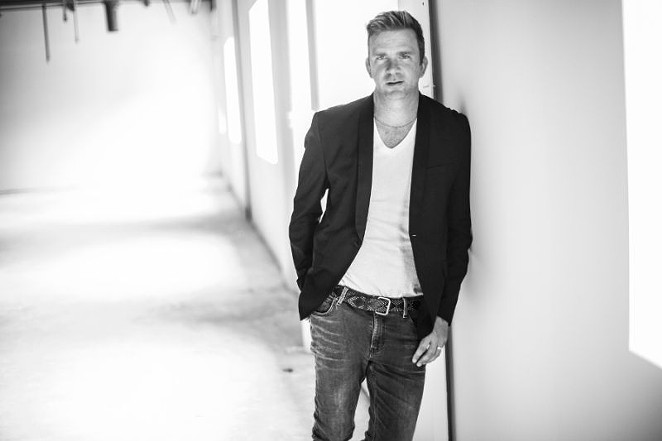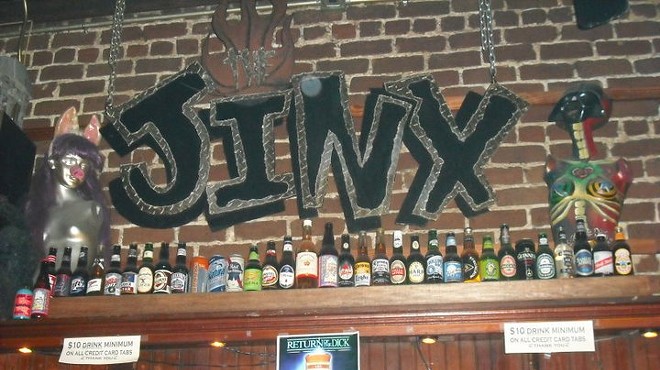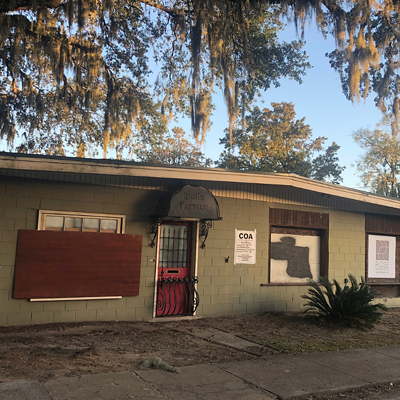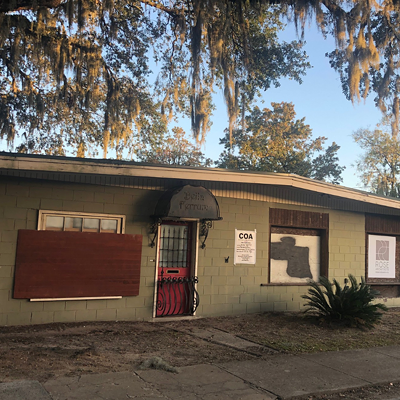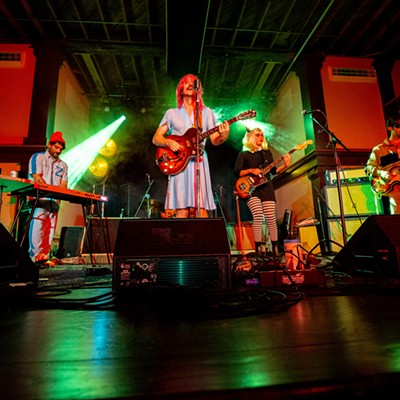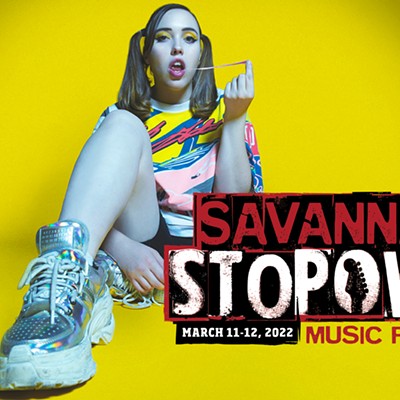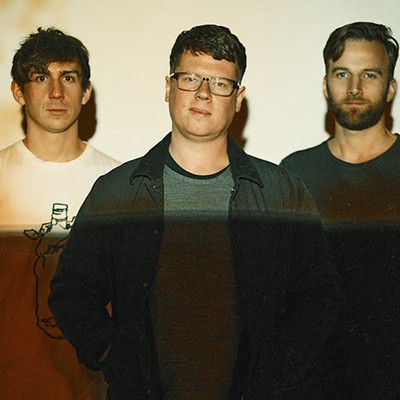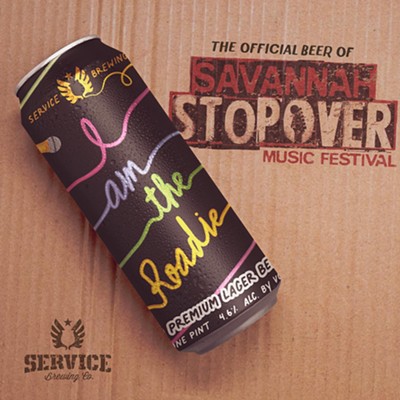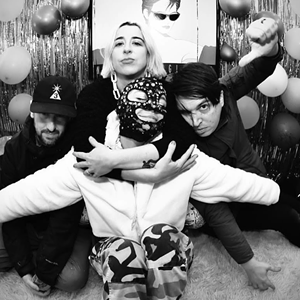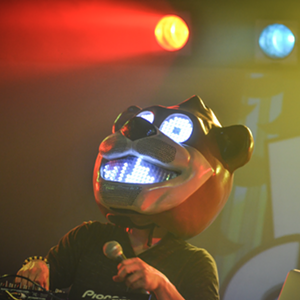CHRIS TRAPPER is perhaps best known to some as the lead singer of seminal 90s pop rock band The Push Stars, who emerged from the clubs of Boston and made their imprint in the later part of the decade with a slew of major label releases.
They had fans in the likes of Matchbox Twenty’s Rob Thomas, who took the band out on arena tours, and the Farrelly Brothers – who famously used a Push Stars song in their hit There’s Something About Mary.
When the band dissolved around 2004, Trapper embarked on a solo career that ultimately proved successful and fruitful. He landed himself some lucrative TV and film placements and started touring with the likes of Colin Hay. He wrote a major hit for Canadian group Great Big Sea and even wrote a song for Robin Williams’ underappreciated film August Rush.
It was an old friend, however, who gave Trapper the jump start he needed to get his solo career off the ground. Martin Sexton and Trapper went way back, becoming friends in the early days of their careers and remaining important factors in each other’s creative lives.
When Trapper first went solo, it was Sexton who gave him an opening slot on his first ever solo tour. Now, the two have reunited for a lengthy U.S. tour that brings them to The Jinx on Fri., Feb. 8.
Ahead of that gig, we spoke to Trapper about his incredible career and his musical history with Martin Sexton.
Tell me about how the two of you met. It’s crazy that you’ve been friends for as long as you have!
Chris: It's funny – Martin used to have these little gatherings on the back porch at his house, and he'd invite a few songwriters over. A friend of mine named Jim Infantino, who's a Boston songwriter, said, "You should see this guy Martin Sexton." I went to see him, and Jim introduced us. Then Martin invited me to one of his song circles. We'd all just sit around and exchange gig ideas, songwriting ideas, and if you had something new you were working on you'd play it there.
The cool thing is, I think all the songwriters from that group went on to become national touring artists. Martin and I, we signed major label deals at the same exact time pretty much. It ended up being a good group meeting. I kind of separated from the solo acoustic scene, formed a band, and then went on to that stuff. And when I went solo in 2006, it was a very rough time because nobody really cares about the lead singer of a band when they go solo.
My first tour as a solo artist was with Martin, which was a great introduction into that world for me. In that respect, I kind of owe him my life.
Starting your solo career seems like it would’ve been sort of daunting. To go from being in a band for as long as you were to being on your own, that must’ve been a strange experience. What was that like for you at the beginning, and how did the end of the band come about?
Chris: That's a great question. We'd opened for Matchbox Twenty for three weeks in 2004, and that came after the major label deal. When we got that tour we had no management whatsoever, and it was like a lark. That happened, and we got a song in the Devil Wears Prada movie. That bought us another couple of years because we thought, "Maybe we are making it." But I think maybe we over-toured, and it felt like we'd gotten the band name as far as we could with what cards we had to play.
I wasn’t necessarily done, but I think we felt that we’d pushed the boulder up the hill as far as we could without any help behind us. There was no anger, no animosity, no ego trouble, no money trouble or anything. I was panicked because I had no other skills, I didn’t graduate college – music was the only identity I had at that point. I was scared shitless, quite frankly. But what I knew I had going for me was that I was still writing all the time, I had a little fan base, and I had industry friends. I’d also written a song for a band from Canada called Great Big Sea, which was their biggest hit in Canada.
So I had leads, but it’s just a question of how to make them tangible and monetize the solo thing. 2006 was my first year solo, and I had a very lucky year. I got the theme song for this show called Pepper Dennis, and I also got a song in August Rush. So I went from being really scared to saying, “Holy shit, I think I finally made it.” Every so often I’ll kind of take inventory and go, “Wow, I’ve been a full-time musician for 20 years now.” I can’t believe it. I’m filled with absolute gratitude for where I’ve been.
You write a lot and put out a lot of records, but you also tour a lot. Where and when do you find time to write, and how does that process usually work for you?
Chris: Once I had kids, I realized that I probably have to write on tour. Sometimes writing songs seems frivolous, because you suddenly have this beautiful little child who wants your attention. So you learn to write on days off, and once my kids were like four and six my wife would go, "Hey, give dad his privacy and let him write." She recognizes and appreciates that a song can become potentially intellectual property that brings money in, and just respects the artistic process.
I can pretty much write anywhere, if I’m inspired. I’ll kind of record ideas for songs in elevators, or at parties I’ll duck into a bathroom and sing into my phone. I’m a big believer in the idea that if lightning strikes, you’ve got to bottle it quickly.

